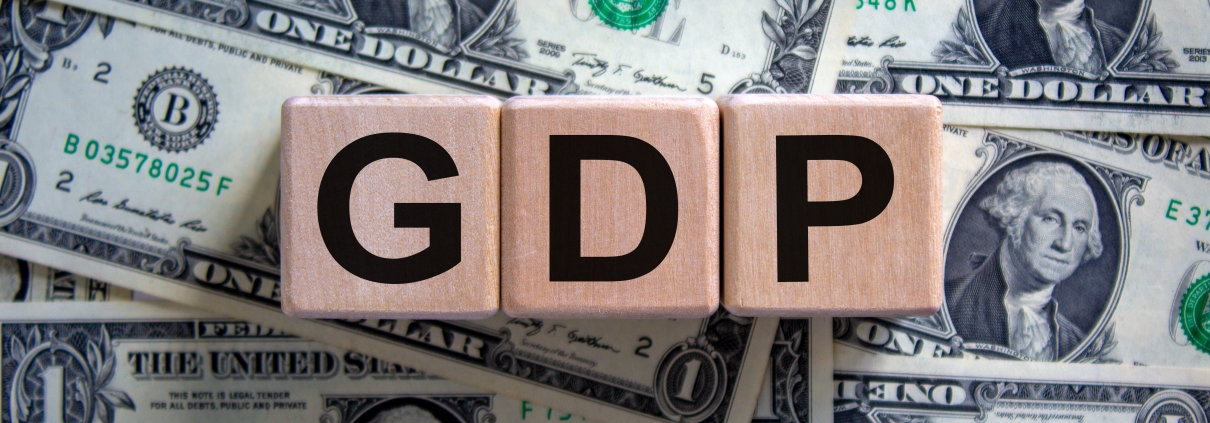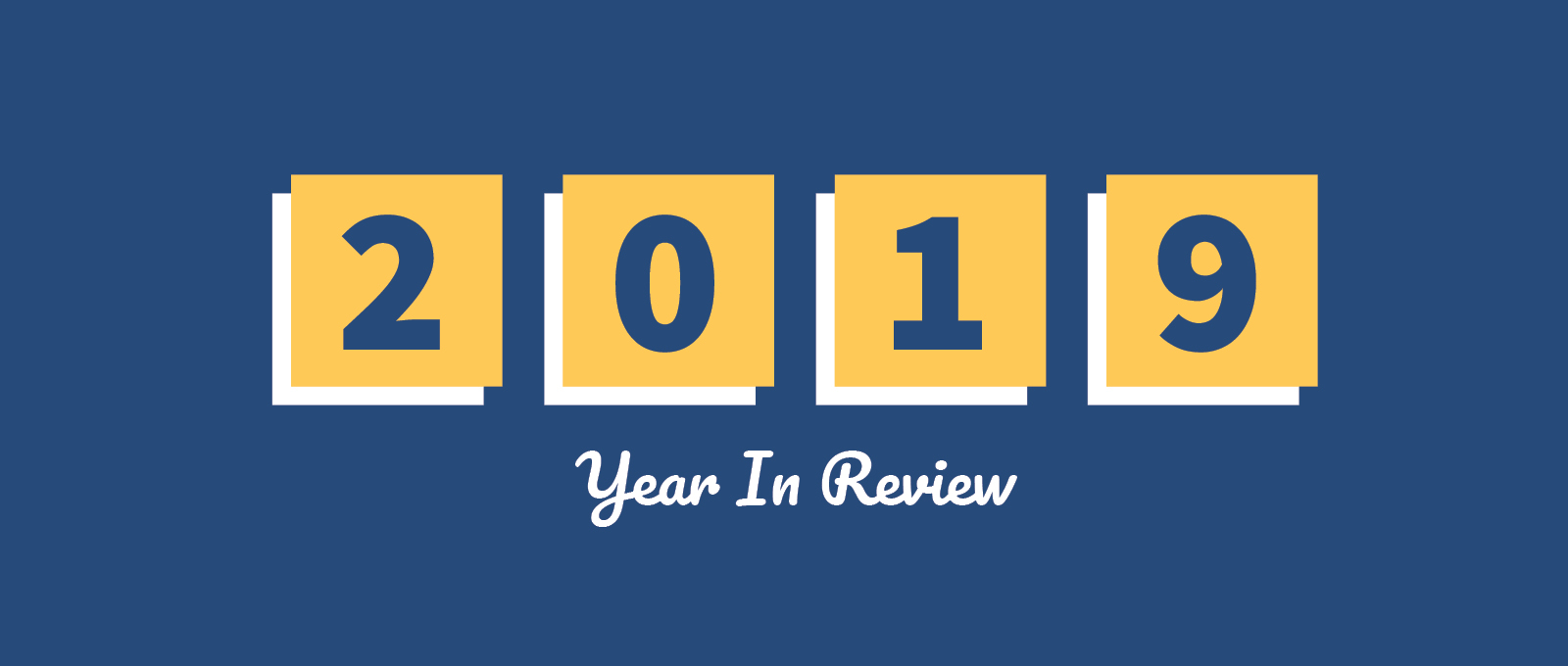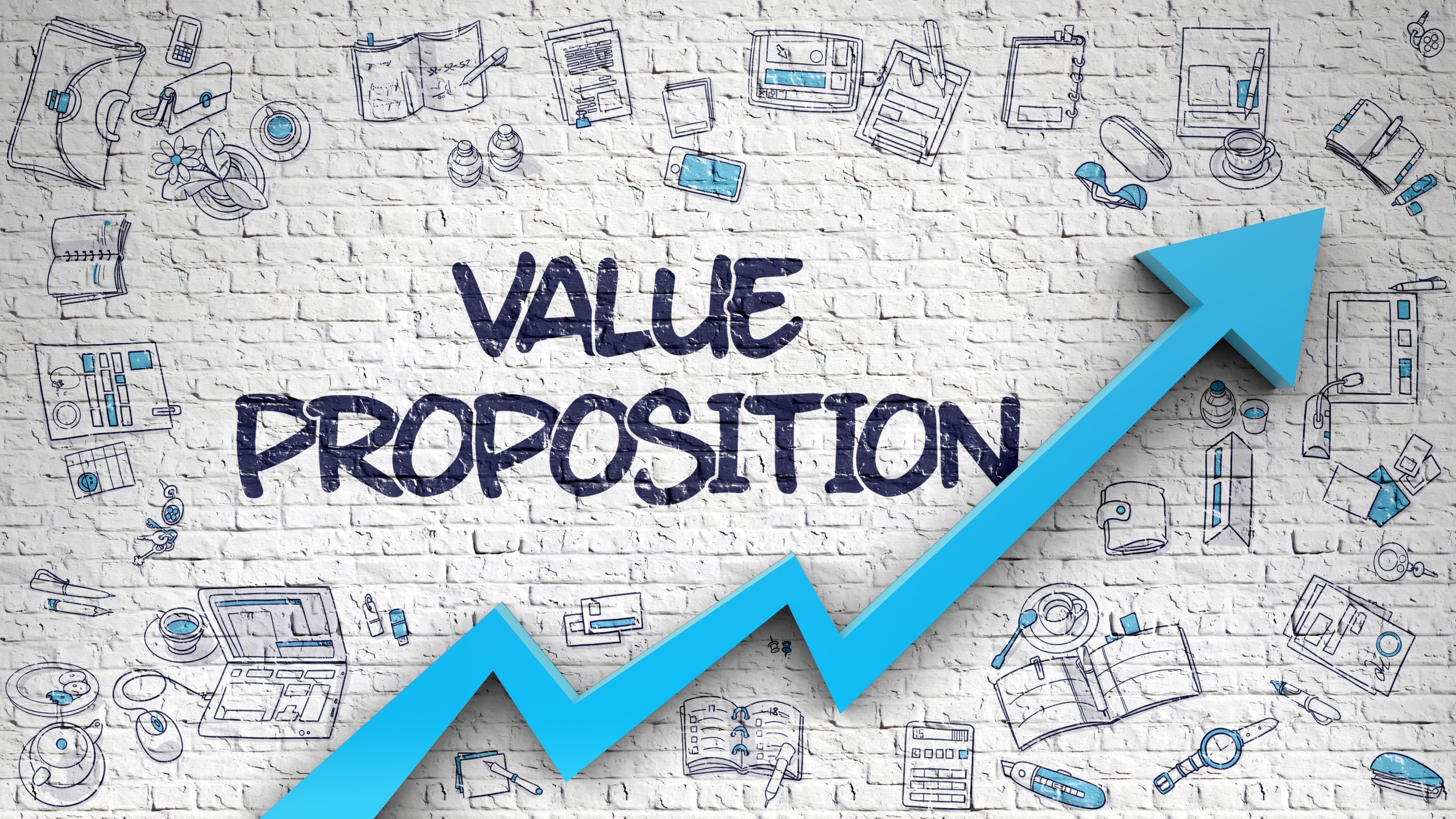We Crave Value. They Give Us GDP.
All human action is purposeful. Those are the words of an economist – Ludwig von Mises – not a preacher. Every one of us has goals we are working towards, many goals at many levels, from achieving lifetime status to getting our kids into a good school, to looking forward to a nice dessert after dinner.
Economics is the science of achieving our purpose. It’s the science of choosing the right goals and choosing the right ways to achieve those goals. Economists call these ends and means. When we feel like we have chosen appropriate ends and found the right means to get there, we experience value.
Value is what we want. Value is what we crave. Value is a feeling, an experience of satisfaction, especially if the learning process to define good ends and effective means is a long one, a path of challenges and errors. Think of the value of completing a certification in some skill or profession, for example. There’s a lot of work and a lot of time that goes into it. It’s necessary to choose which certification to go for, necessary to sacrifice some things you’d rather be doing than studying or putting in workshop time or practice, it’s necessary to pass an exam or a test of some kind with all the stress and preparation that precedes it. Then you get the certification. That feeling of accomplishment, of pride, of a new pathway opening up in front of you, that’s what the economist calls value.
The purpose of every firm engaged in commerce is to generate value for customers. In reality, it’s the customer that creates the value because only the customer can experience that feeling. No customer, no value. The firm is a helper, a facilitator of value. The firm can produce the means for the customer to choose in order to pursue desired ends.
Value becomes a process – a process of interaction between producer and end-user. The end-user is learning what to want by prioritizing the importance of their own ends, comparing alternatives, weighing up opportunity costs (what would they choose if they didn’t choose this and switched to something else?), and assessing actual value in use compared to what was promised by the producer. The value learning process never stops.
Value seekers are rigorous in their evaluations. They’re willing to take time to get to the point of value. That’s why producers are constantly trying to persuade them to “buy now”, or yelling “offer ends this week” or otherwise trying to generate urgency. Value seekers are willing to save now for the future, when they believe value might be higher (they can buy something more valuable with their savings) even though our hedonistic society seems to assign more importance to immediate gratification. Value seekers are willing to make trade-offs, foregoing even attractive propositions when they are confident in their relative assessments of what’s better for them. There is self-discipline in value-seeking.
The private sector of entrepreneurial firms strives to help customers to realize value. Entrepreneurship can be defined as the creative pursuit of new customer value.
The greatest enemy of value is government. At the base of their anti-value stance is the measurement and pursuit not of value, but of a metric the government publishes under the name of GDP. GDP is the antithesis of value, quantitative not qualitative, numbers not feelings, about prices rather than value and spending rather than value experiences. Because GDP reflects spending, and because governments have justified their intervention into the economic activities of their citizens by expressing the goal to “grow GDP”, they urge us to spend, spend, spend. When we don’t, they “stimulate”, with more government, spending (using money conjured out of thin air) aiming to encourage more personal spending.
Worsening an already bad arrangement, government aims for inflation: the increase in prices across the board, lowering the purchasing power of every citizen. The result is less value. We buy cheaper food rather than the most healthy or nutritious food. And government encourages the Big Food producers who make the cheap, unhealthy, non-nutritious food, with subsidies (like the never-ending sugar subsidy) and programs like the Food Pyramid, and many more. Because of inflation, people invest less in their human capital of fitness and health; it’s more expensive under conditions of inflation to maintain that gym membership or buy that bike. Same with education, which is getting worse and worse, especially at k-12 level and especially in poorer neighborhoods. The scarce resource of education is assigned by zip code, not by value. In general, the government wants price inflation because it’s more value for them (they value the power they get from the money they print) and less value for us.
We get less value in foods, replaced by more cheapness
We get less value in gasoline, they get more self-righteousness through “green” energy claims.
We get less value in transportation, via an increasingly bad experience, whether driving or taking public transportation. They get more usage by forcing it on us.
We get less value in medical care, they get more control (which they value highly) through regulation and legislation and cronyism with Big Pharma and Big Insurance.
We get less value in the landscape, and we get water rationing. They get to expand the powers of the Bureau Of Land Management.
We get less value in energy grids that don’t work, and rolling blackouts. They get monopolies they can control and to preach sermons about climate change amelioration.
Governments extract value from their citizens, and from the producers of value who serve citizens. They divert attention from their value extraction by pointing to GDP growth. There’s no need to be fooled. Pay no attention to GDP statistics. Ask yourself, is my life experience improving? Is that of my family? My community? Take your own actions to improve value for yourself. Your own subjective value creation, and value co-creation with the producers who align with your purpose, will guide you. Don’t tolerate value extraction.









Leave a Reply
Want to join the discussion?Feel free to contribute!